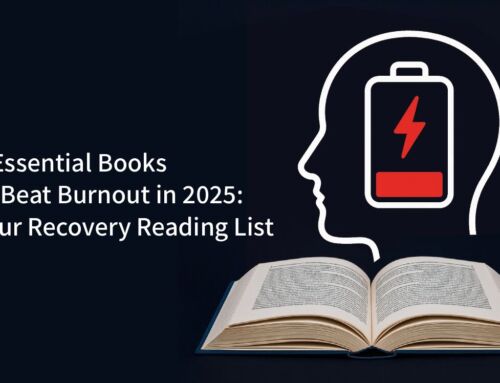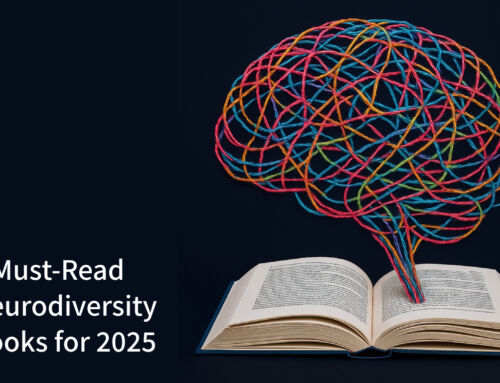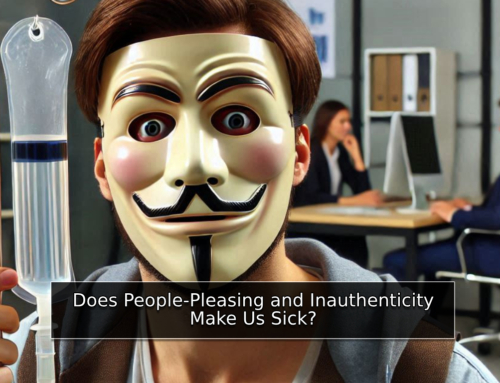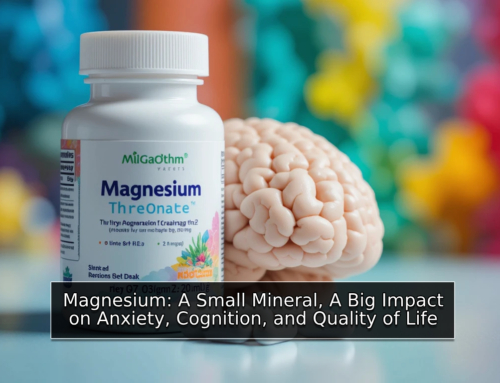Reduced Emotions: A Guide to a Richer Emotional Life
Feeling like your life lacks the emotional depth you see in others?
Do you find it hard to connect deeply with your emotions or experience the full range of human feelings? If so, you're not alone. In this post, we'll explore the concept of reduced or blunted emotions, delve into the reasons behind it, and provide practical tools to help you overcome this challenge. We'll focus on two evidence-based therapeutic approaches: Cognitive Behavioral Therapy (CBT) and Acceptance and Commitment Therapy (ACT).
What Causes Reduced or Blunted Emotions?
Several factors can contribute to reduced or blunted emotions, including genetics, life experiences, and upbringing. These factors often intertwine. Here are some common causes:
- Genetics: Your inherited temperament can influence how you experience emotions.
- Life Experiences: Traumatic or difficult experiences can lead to emotional suppression or changes in how you cope with emotions.
- Cultural Background: Different cultures encourage or discourage emotional expression.
- Childhood Emotional Learning: Growing up in a home where emotions weren't discussed or were seen as weakness can make it difficult to identify and express emotions as an adult.
- Emotional Neglect: Lack of strong emotional connections with primary caregivers in childhood can impact your ability to form deep emotional connections as an adult.
- Neurobiology: Chemical imbalances in the brain can affect emotional experiences.
- Negative Beliefs: Negative beliefs about yourself and the world can lead to avoidance of emotions or a reduction in their intensity.
Overcoming Reduced or Blunted Emotions
A process-based approach combining Cognitive Behavioral Therapy (CBT) and Acceptance and Commitment Therapy (ACT) offers effective tools for addressing reduced or blunted emotions. While different, both approaches share a common goal: improving quality of life and helping individuals live more fulfilling lives.
- Cognitive Behavioral Therapy (CBT): This approach focuses on identifying and replacing unhelpful thoughts with more effective thinking patterns. By changing the way we think about ourselves and the world, we can change our emotional responses. CBT can help individuals with reduced or blunted emotions learn to recognize and challenge thoughts that hold them back from experiencing the full range of human emotions.
- Acceptance and Commitment Therapy (ACT): This approach emphasizes the importance of acceptance and mindfulness of internal experiences, without judgment or evaluation. ACT helps individuals disengage from the constant struggle with thoughts and feelings, allowing them to act in accordance with their values. The skill of acceptance without judgment fosters psychological flexibility and leads to the release of constraints that limit emotional experience.
How CBT and ACT Can Help:
- Self-awareness: Both approaches encourage increased self-awareness, allowing individuals to better understand their thoughts, feelings, and behaviors.
- Changing Thought Patterns: CBT directly focuses on changing unhelpful thought patterns, while ACT helps individuals create separation between themselves and their thoughts.
- Developing Coping Skills: Both CBT and ACT offer a variety of techniques for coping with difficult situations, such as deep breathing, relaxation, and mindfulness.
- Increasing Psychological Flexibility: ACT helps develop psychological flexibility, enabling individuals to cope with challenges more effectively.
- Connecting with Values: Both approaches emphasize the importance of connecting with personal values, leading to a more meaningful life.
Continuing Your Journey
- Practice Mindfulness: Mindfulness helps us be present in the moment and connect more directly with our experiences.
- Explore Your Values: Understanding your values can help you find meaning in life and focus on activities that bring you joy.
- Seek Professional Help: A cognitive-behavioral therapist can provide additional tools and support for addressing reduced or blunted emotions.
Remember, Reduced or Blunted Emotions are not a permanent condition.
With awareness, the right tools, and consistent effort, you can enhance your emotional experience and live a more fulfilling life.
Note: This post is for informational purposes only and should not replace professional advice. If you are struggling with emotional difficulties, please consult a mental health professional.
Contact now
Ready to take the first step towards positive change? Contact me now for more information and to schedule an appointment. Whether you prefer in-person sessions in Tel Aviv or virtual meetings via Zoom, my integrated approach of Cognitive Behavioral Therapy (CBT) and Acceptance and Commitment Therapy (ACT) can help you break free from struggles and find greater fulfillment in life. I'll be sure to get back to you as soon as possible. Let's embark on this transformative journey together!
Call Whatsapp 052-2325511
Or fill out the following form.
Can ACT and CBT assist you or your loved ones?
Welcome to my therapy practice, where I offer a powerful combination of Cognitive Behavioral Therapy (CBT) and Acceptance and Commitment Therapy (ACT) techniques. CBT is a goal-oriented, short-term approach that's highly effective for anxiety, depression, low self-confidence, and more. ACT complements CBT, helping you navigate life's challenges and find fulfillment and authentic, happier life.
If you're struggling with anxiety, depression, low self-image, or facing setbacks, CBT combined with ACT may be the key to transforming your life. Break free from the struggle and take a step towards a happier, more fulfilling life.
Contact me today to schedule an appointment and embark on your journey of positive change. You don't have to face it alone; I'm here to support you every step of the way. Let's work together to create the life you deserve!





